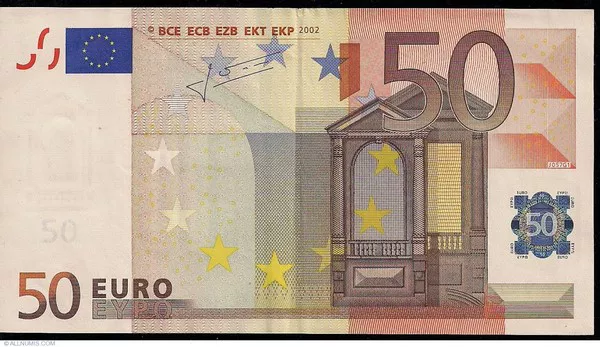In the intricate world of forex trading, staying informed about various currencies is paramount. One such currency that holds significant importance in the global economic landscape is the ECB currency. The term “ECB currency” refers to the Euro, the official currency of the Eurozone, and understanding its nuances is crucial for any forex trader navigating the international financial markets.
The Birth of the Euro
The Euro, denoted by the currency code EUR, was introduced on January 1, 1999, as an electronic currency for banking and accounting purposes. Physical euro banknotes and coins entered into circulation three years later, in 2002. The European Central Bank (ECB) and the Eurosystem, comprising the central banks of the Eurozone countries, oversee the issuance and management of the Euro.
Composition of the Eurozone
The Eurozone, officially known as the Euro Area, consists of 19 of the 27 European Union (EU) member states that have adopted the Euro as their official currency. These countries share a common monetary policy, administered by the ECB, while retaining individual fiscal policies.
Key Eurozone Countries in Forex Trading
Several influential economies within the Eurozone contribute significantly to the forex market. Germany, France, Italy, and Spain are among the major players, and fluctuations in their economic indicators often impact the value of the Euro.
Role of the European Central Bank (ECB)
The ECB, headquartered in Frankfurt, Germany, is the central bank for the Eurozone. Established in 1998, its primary objective is to maintain price stability within the Eurozone by controlling inflation. The ECB also plays a pivotal role in the formulation and implementation of monetary policy, influencing interest rates and money supply.
See Also:European Central Bank Main Refinancing Rate
Monetary Policy and Forex Markets
Forex traders keenly monitor the ECB’s monetary policy decisions as they directly influence the value of the Euro. Interest rate changes, quantitative easing programs, and statements from ECB officials can cause substantial fluctuations in currency pairs involving the Euro.
Factors Affecting the Value of the Euro
Understanding the dynamics that influence the Euro’s value is crucial for successful forex trading. Several factors impact the currency, and traders need to navigate these variables astutely.
Economic Indicators
Key economic indicators such as Gross Domestic Product (GDP), inflation rates, and employment figures play a vital role in determining the Euro’s strength. Traders analyze these indicators to anticipate potential shifts in the currency’s value.
Political Events and Stability
Political stability within the Eurozone is essential for maintaining a robust Euro. Elections, government policies, and geopolitical events can create volatility in the forex market, requiring traders to adapt quickly to changing circumstances.
Global Economic Trends
The Euro’s value is also influenced by global economic trends. Trade relations, economic developments in major economies, and global market sentiment can impact the Euro’s performance against other currencies.
Trading Strategies for the Euro
Given the Euro’s significance in the forex market, traders employ various strategies to capitalize on its movements. These strategies often involve a combination of technical and fundamental analysis.
Technical Analysis
Technical analysis involves studying historical price charts, identifying patterns, and using technical indicators to make informed trading decisions. Traders use tools like moving averages, Fibonacci retracements, and support/resistance levels to gauge potential price movements.
Fundamental Analysis
Fundamental analysis focuses on economic and political factors that may influence currency values. Traders following this approach analyze economic reports, central bank statements, and geopolitical events to anticipate currency movements.
Risk Management
Regardless of the trading strategy employed, effective risk management is crucial. Setting stop-loss orders, diversifying portfolios, and avoiding excessive leverage are key principles that traders follow to protect their investments.
Conclusion
In the vast landscape of forex trading, understanding the ECB currency, the Euro, is fundamental for success. The Eurozone’s economic intricacies, coupled with the significant role played by the European Central Bank, make the Euro a key player in the global financial markets. Forex traders must stay informed about economic indicators, political events, and global trends to navigate the dynamic nature of the Euro and make well-informed trading decisions. By embracing a combination of technical and fundamental analysis, along with prudent risk management, traders can position themselves to harness opportunities in the ever-evolving world of forex trading.
Related Topics:
What Is ECB Report: A Comprehensive Guide
Understanding the Implications of ECB Announcement
All You Need to Know About ECB President


